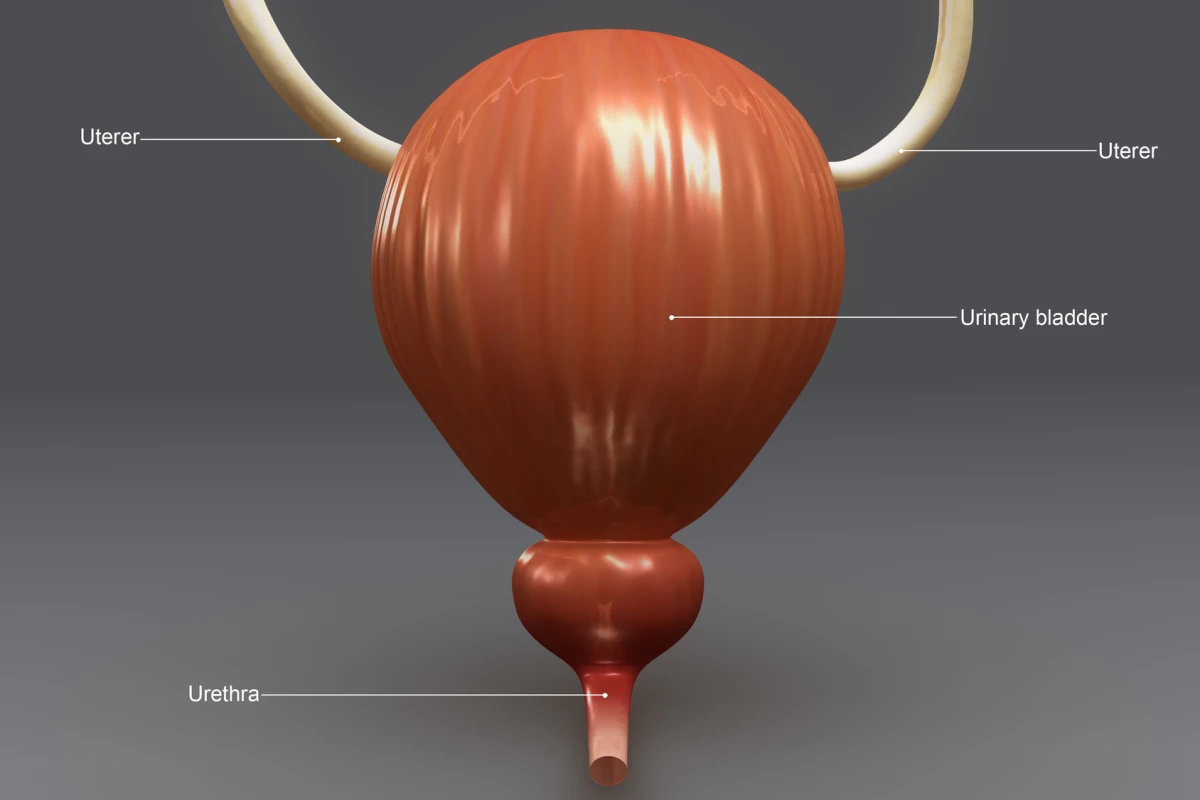Urinary tract infections (UTIs) are common and treatable, but there can be complications, especially when the bacteria become drug resistant. Now, a new drug combo has shown promise in a Phase 3 clinical trial.
UTIs are often cleared up with a round of antibiotics, but other risk factors can make them more complicated. This includes urinary obstructions, catheters, fever or sepsis, all of which can make it harder to kill off the infection. Worse still, the bacteria involved are increasingly developing resistance to antibiotics. As such, new drugs are needed.
The ALLIUM Phase 3 clinical trial examined the effectiveness of two such drugs, known as cefepime and enmetazobactam, given together. The former is an existing antibiotic in use since the 1990s, while the latter is more recent and has been granted Fast Track designation by the US Food and Drug Administration (FDA).
Over 1,000 people with complicated UTIs participated in the trial, which was conducted in 90 locations across Europe, South Africa and the Americas, and ran between September 2018 and November 2019. Some participants received the new drug combo, while others received the current conventional treatment of piperacillin and tazobactam. Around 79% of the patients in the new drug group were successfully treated, compared to 58.9% of those receiving the existing treatment.
Importantly, 20% of the trial group had an extended spectrum beta-lactamase (ESBL) infection, which are resistant to current drugs. The results in this subset were similar to the main group – 73% of patients on the new combo saw their infection clear up, compared to 51% on the standard treatment.
“This new antibiotic was superior to the standard-of-care therapy,” said Keith Kaye, principal investigator of the study. “It represents an exciting option for treatment.”
With these Phase 3 results looking promising, the team plans to apply for FDA approval in early 2023.
The results were published in the Journal of the American Medical Association (JAMA).
Source: Rutgers University




